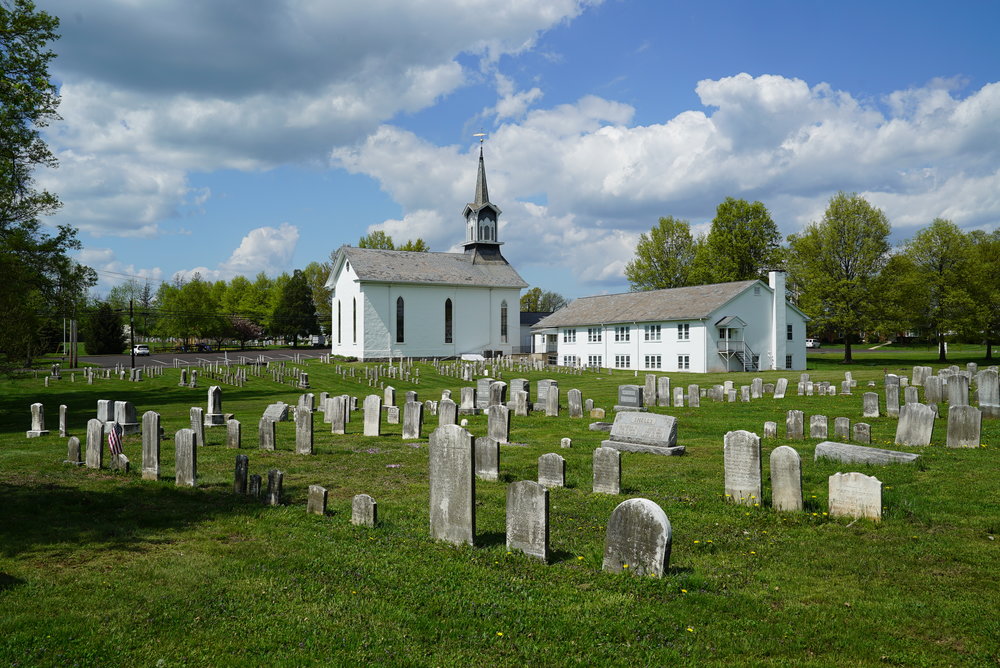Township History
A Township Founded on Acceptance and Accessibility
In the late 1720s, Franconia Township encompassed parts of what are now Souderton and Telford. Together the three municipalities fell under the jurisdiction of Salford Township. In 1731, Franconia split from its neighboring communities to form its own municipality.
Franconia means “land of the Franks.” Beginning in the 1600s, a large German population began to grow in Franconia, and descendants of some of the Township’s original settlers still live here.
Early Franconia residents found that Indian Creek and its valley had its own population of already established Native Americans, whose artifacts can still be found within the area.
Religious Tolerance Fuels Growth
Religious freedom attracted the European immigrants who settled here. Franconia’s earliest church is believed to be Indianfield (Little Zion) Church, which was built with logs in 1730. In 1734, only 34 people landholders lived in Franconia, and nearly all were German. The town included:
- 175 residents
- Two gristmills
- One tannery
- 153 horses
- 266 cattle
- One tavern
By 1882, the population exploded with:
- 2,556 residents
- Seven gristmills
- 515 horses
- 1,147 cattle
- Nine taverns
Much of Franconia’s population was Mennonite, and they built meeting places and churches for worship throughout the township, including:
- Franconia Mennonite Meeting Meetinghouse on Route 113, established between 1730 and 1750
- Indian Creek Reformed Church (Christ Church) at Cowpath and Church Roads, established in the 1750s
- Leidy’s Church on Cherry Lane, established in 1858, following construction of a schoolhouse and cemetery
A Rural Setting with City Access
With the onset of the automobile in the early 1900s, village shops gave way to borough stores which became more accessible with the improvement of roads. As reliance on cars increased, residents used the railroads less. A testament to those changes, Bergey’s Automobiles was established in 1924, and continues to succeed today celebrating their 100th Anniversary in 2024!
Suburbanization spread following World War II, along with commercial and industrial growth in Franconia. Early 20th century farmers created agribusinesses, many of which are still successful today, such as JBS (formerly Moyer Packing), Marcho Farms, and Leidy’s.
Franconia Township Recognized as One of Safest Communities
Franconia Township is often recognized for being ranked one of the safest communities in Pennsylvania and the nation. Click the link below to see a congratulatory letter from Governor Tom Wolf on this recognition.
